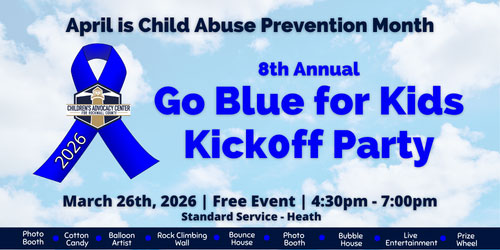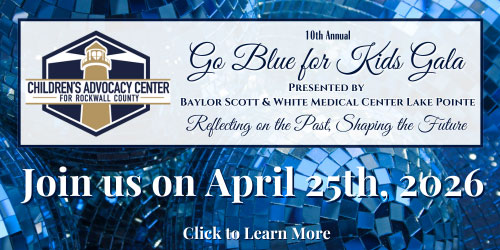Rockwall, TX (June 20, 2024) – We all recognize the familiar scene of a woman in her third trimester of pregnancy, engaging in the final stage of preparation known as nesting. This can manifest as a fervent need to clean, finalize a birth plan, or decorate the nursery. According to the bestselling manual What to Expect When You’re Expecting (5th ed., 2017) by Heidi Murkoff, “The need to nest can be as real and as powerful an instinct for some humans as it is for our feathered and four-legged friends.” However, what Murkoff doesn’t mention is that there is no hormonal drive to nest. While hormones and instinct typically drive most natural decision-making, nesting appears to be more about achieving a desired outcome—better known as control.
In altricial mammals, “nesting” refers to maternal behaviors like nest-site selection, nest building, and nest defense. These behaviors are well-studied among nonhuman animals. In contrast, little research has examined pre-parturient preparation behaviors in women from a functional perspective. Popular reports claim that women experience “nesting” urges, often in the form of cleaning and organizing. Anthropological data suggest that controlling the environment is crucial for childbirth preparation in humans, encompassing decisions about the birth location and who will be present.*
If humans desire to control their environment to ensure safety for their babies, it’s reasonable to suggest that as the final stages of child-rearing approach, the need to control the empty-nesting process stems from similar instincts. I work with many empty nesters and parents of emerging adult children. The need to control the outcomes of these emerging adults’ lives is real and, at times, maladaptive. While loving our adult children into success is natural, our fears for their future often manifest as attempts to control their decisions.
Personally, I am grappling with this challenge. Our son is moving out—he’s not even old enough to buy himself a beer, yet he is leaving home and moving on. While I am excited for him, I am also terrified. I’ve started the empty-nesting process right alongside my need to “help” him (by suggesting, nagging, and attempting to control his decisions to prevent mistakes). Additionally, I’ve felt a strong urge to lay new carpet, paint his room, and essentially redo the entire house this summer. I’ve realized that, as I lose control over his choices, I am finding solace in cleaning, fixing, and reorganizing my surroundings.
Empty nesters find themselves in a new space. Our roles change. In traditional ways, we are no longer needed, yet we will be called upon in new ways, though we don’t yet know how. This new territory can be unsettling on some days and welcomed on others. The emotional pendulum swings between excitement for future travel and fear of being forgotten by our children: I cannot wait to take couples trips yet I do wonder if my boy will remember my birthday without being reminded?
Regardless of the science behind it, nesting is real. I believe it to be our psyche’s last-ditch effort to gain control over a situation we instinctively recognize as one in which we will soon have very little. Infants and emerging adults share several traits: they want their own way, they think they know better, and they need us less and less as they grow. We welcome these tiny humans, who we decide early on we would die for, only to watch them gradually demonstrate how much we are not needed. It seems natural to want to get things as orderly as possible before it all starts slipping away.
So, if you find yourself nesting, embrace it. It’s normal. It becomes unhealthy when we fail to recognize that it is rooted in fear and manifests as control. If our kids resist our input and we are inputting to make ourselves feel safer, it might be time to reassess. While natural, this behavior needs to change to prevent damage for everyone involved. This stage in life should be one of wonder, fun, and excitement.








 Guest column by Erin Kincaid, Founder and Clinical Director of Rockwall Heath Counseling. She holds a host of degrees in Psychology, Christian Counseling, Anthropology and is working toward her PhD in Clinical Counseling. Erin lives in Rockwall with her husband and son. Look for more of her guest columns in Blue Ribbon News.
Guest column by Erin Kincaid, Founder and Clinical Director of Rockwall Heath Counseling. She holds a host of degrees in Psychology, Christian Counseling, Anthropology and is working toward her PhD in Clinical Counseling. Erin lives in Rockwall with her husband and son. Look for more of her guest columns in Blue Ribbon News.